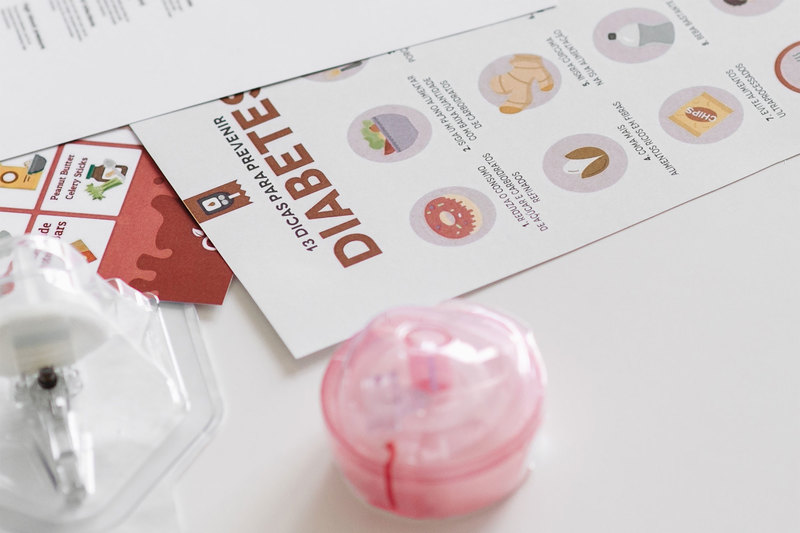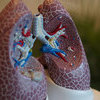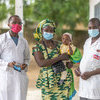People with diabetes at risk of severe COVID-19, study confirms
15 July 2021 | Story Ridovhona Mbulaheni, Joel Dave. Photo Pavel Danilyuk/Pexels. Read time 3 min.
A recent study from the University of Cape Town (UCT) confirmed that people living with diabetes (PLWD) are at an increased risk of severe COVID‑19 (hospitalisation and mortality). The findings were published in the journal Diabetes Research and Clinical Practice.
The researchers used data from the first wave of the pandemic in the Western Cape, from 4 March 2020 (when the first case was identified) to 15 July 2020, when infection rates had dropped.
During this period, 64 476 people were diagnosed with COVID‑19, of which 9 305 were PLWD. In the COVID‑19 patients with diabetes, 44.9% were hospitalised, 4.0% were admitted into an intensive care unit (ICU), 0.6% received ventilation and 15.4% died. This, in comparison with the COVID‑19 patients without diabetes: 12.2% were hospitalised, 1.0% were admitted, 0.1% were ventilated and 4.6% died.
“We found that increasing age, male sex, diabetes, current tuberculosis, HIV infection and chronic kidney disease were significantly associated with admission to hospital and mortality. In PLWD, HIV infection, chronic kidney disease, current tuberculosis, male sex and increasing age were significantly associated with admission to hospital and mortality,” said the lead researcher and head of UCT’s Division of Endocrinology, Associate Professor Joel Dave.
Increased risk
Associate Professor Dave said the results showed an increased risk of hospital admission, ICU admission and death in people diagnosed with COVID‑19 who have diabetes, with almost half of all COVID‑19 deaths occurring in PLWD.
“After adjusting for various variables such as age, sex and comorbid disease, including HIV status, PLWD had almost four times the risk for hospitalisation and three times the risk of death relative to people without diabetes,” he said.
The study confirms earlier findings from an analysis performed before 1 June 2020 of COVID‑19 death in the general population, being associated with age, male sex, chronic kidney disease, and in people with active tuberculosis and HIV.
“It is incumbent upon us as healthcare providers to offer education and close monitoring of risk in PLWD.”
Dave said the population with diabetes is at high risk, possibly due to poorer access to optimal care for diabetes.
“We also found that concurrent HIV infection or chronic kidney disease and diabetes are associated with more severe disease and that metformin use, in particular, is associated with a reduced mortality,” he said. “These findings are of major public health importance, which raises the question of how to ameliorate the high risk of PLWD during this COVID‑19 pandemic.”
He continued: “It is incumbent upon us as healthcare providers to offer education and close monitoring of risk in PLWD. It is too premature to recommend widespread use of metformin. Additional interventions in PLWD who are diagnosed with COVID‑19 may include home oxygen saturation monitoring, ensuring adequate glycaemic control, early identification of deterioration in symptoms with rapid access to hospital admission, and consideration for pre‑emptive admission to hospital for those PLWD who are deemed to be at very high risk of severe COVID‑19.”
 This work is licensed under a Creative Commons Attribution-NoDerivatives 4.0 International License.
This work is licensed under a Creative Commons Attribution-NoDerivatives 4.0 International License.
Please view the republishing articles page for more information.
Faculty of Health Science News
























